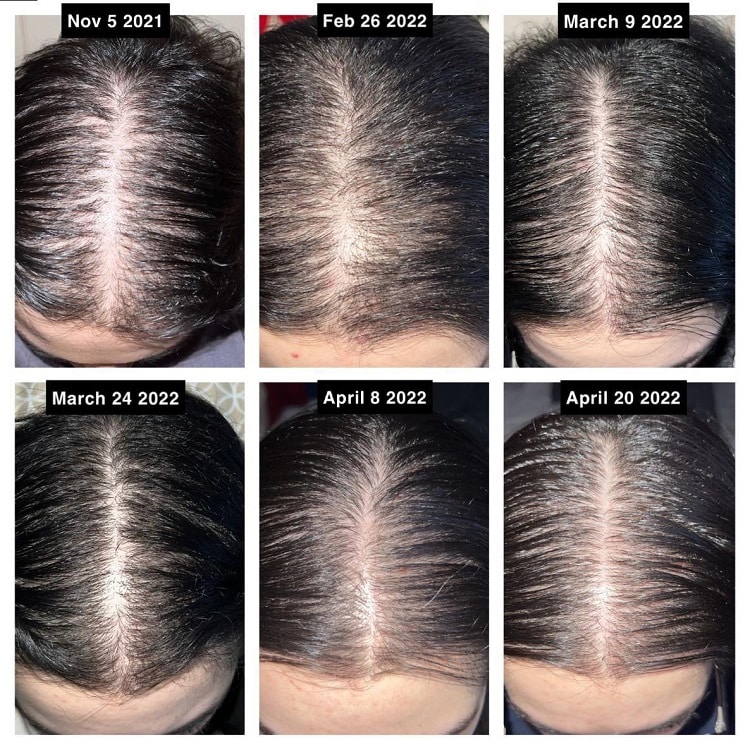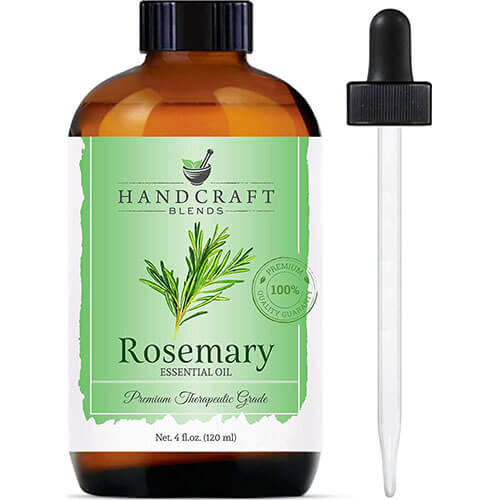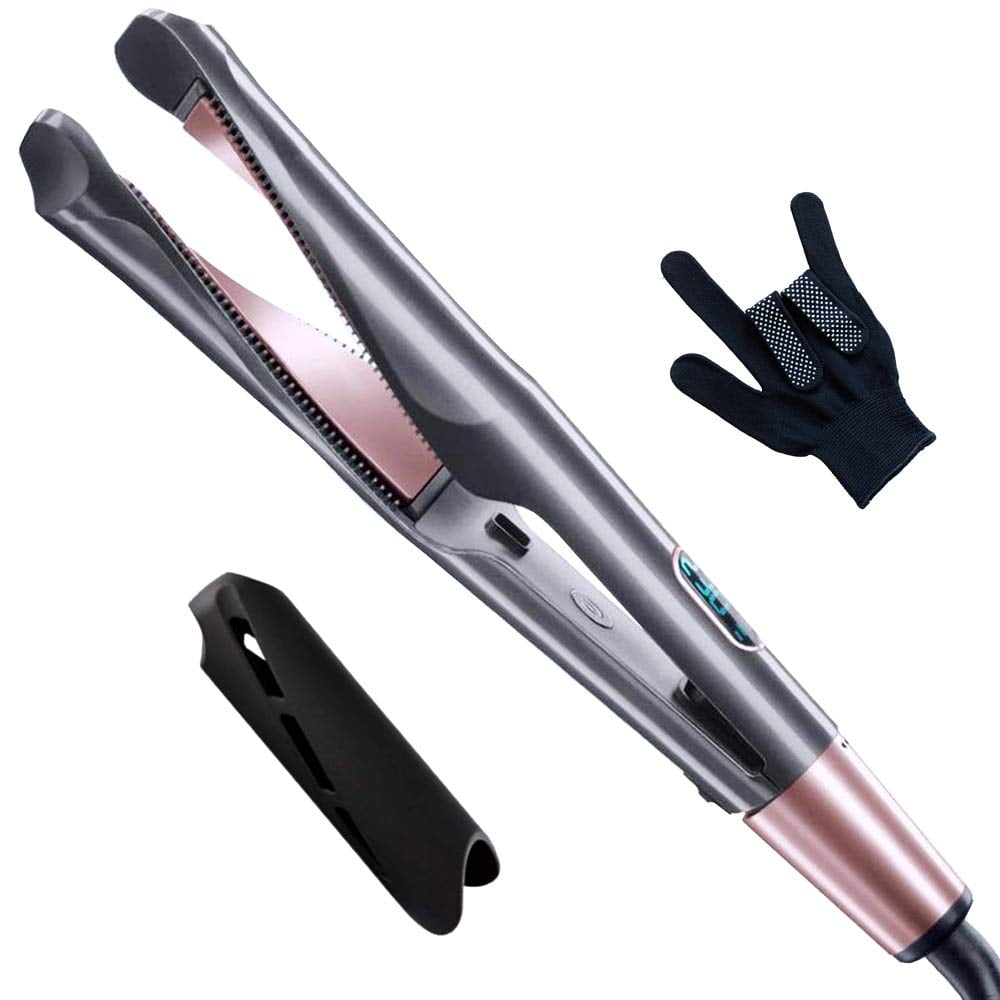Table Of Content

Furthermore, rosemary oil is rich in antioxidants, which can help protect the scalp and hair follicles from damage caused by free radicals. Its anti-inflammatory properties may also soothe irritated scalp conditions, such as dandruff, which can contribute to hair loss if left untreated. Rosemary oil has been a popular natural remedy for hair care for centuries, known for its aromatic fragrance and potential benefits for scalp health. It is often used in aromatherapy and hair care products due to its purported ability to stimulate hair follicles and improve circulation in the scalp. Research suggests that rosemary oil may have the ability to stimulate hair follicles and promote hair growth. Its active compounds, such as rosmarinic acid and caffeic acid, have antioxidant and anti-inflammatory properties that help improve circulation and stimulate the scalp.
thoughts on “Rosemary Oil For Hair Loss? Not So Fast… (See Photos)”
The team wanted to compare the effects of rosemary oil versus 2% minoxidil on hair count. So they conducted a test on 100 men with pattern hair loss (androgenic alopecia). A 2016 study found that rosemary affected blood circulation and skin health in rats.

Make a Homemade Shampoo With Rosemary Oil
Using too much of it may damage the hair follicles, causing hair loss instead of hair growth. Recent research does show that it may help with hair regrowth due to certain causes of hair loss. Individuals concerned about hair loss should speak with a healthcare professional in order to diagnose the cause and discuss treatment options. Research from 2017 showed that rosemary can help in the management of bacterial infections. This means that if hair loss is due to a bacterial scalp infection, rosemary oil may be helpful in clearing the infection and regrowing hair.
Rosemary oil and hair growth: Research, effectiveness, and tips - Medical News Today
Rosemary oil and hair growth: Research, effectiveness, and tips.
Posted: Wed, 15 Nov 2023 08:00:00 GMT [source]
How rosemary oil benefits the hair

The second problem with this study is that the study authors compared rosemary oil to 2% minoxidil. However, 2% minoxidil is the formulation used to treat female pattern hair loss, whereas 5% minoxidil is what men use for the same condition. So, there you have it—three different ways to use rosemary oil that will actually stimulate hair growth, not irritate the scalp. If you want to take a deeper dive into the clinically researched benefits of this botanical extract, check out our full guide to rosemary oil for hair growth here. “There is one study that compared [rosemary oil] specifically to minoxidil (aka Rogaine off the shelf) and the finding is that the results appeared similar after six months,” says King.
How long after using rosemary oil should someone expect to see results in hair growth?
Rosemary oil is well-absorbed in the gastrointestinal tract and skin. But when it comes to hair regrowth, most of the literature only studies its topical application. The reality is that too high of a concentration of its volatile oils will probably irritate your stomach, and maybe even make you sick. And if we extrapolate from anecdotes and related studies, rosemary oil’s hair regrowth effects may be enhanced if combined with mechanical stimulation exercises like massaging or microneedling.
Gua Sha Experts On How To Lift & Depuff Your Eyes In No Time
As an aromatherapy treatment, it can help reduce stress levels, relieve fatigue, improve mood and alertness and boost concentration. When applied to the skin, it can help treat dryness and flakiness, as well as help balance and tone the skin, decongest acne, reduce scars and lighten dark spots. With that being said, Dr. Garlapati says the oil is safe for all hair types, including color-treated hair. If you're struggling with stress, anxiety, low mood or any other mental health issue, it's important to speak to your doctor - they can advise on the right treatment and support. Steroids in the form of creams or injections may help control alopecia areata by reducing the inflammation and suppressing the immune system.
Nearly a billion people on the social media app have watched hair-flipping testimonials on the benefits of the extract. However, you will want to do a patch test (applying it to a small area to observe for a reaction) before applying it more generally to the skin. People with certain health conditions, including high blood pressure, ulcers, and inflammatory bowel disease, should not use rosemary essential oil. Once you mix the rosemary oil with the carrier oil, massage it into the scalp. If you choose to rinse it out, do so after the solution is on the scalp for at least a few minutes. Using essential oil-carrier oil solution daily in your hair or scalp is generally safe, provided you do not use too much rosemary oil.
Best Rosemary Oil Products to Try
A few even opted to self-test rosemary oil and track their hair regrowth progress throughout the year. Anyone with a skin condition or skin sensitivity should use caution when using essential oils. They can cause allergic reactions or worsen symptoms of skin conditions. Individuals may wish to speak with a healthcare professional before using essential oils of any kind. People who are pregnant should not use rosemary oil or other forms of rosemary in cosmetics. If they are nursing, they should discuss the use of any kind of essential oils with a healthcare professional.
If your TikTok’s FYP is typically an endless scroll of beauty hacks, you’ve likely stumbled upon videos on using rosemary oil for hair growth. Some creators are boiling rosemary leaves, concocting custom rinses and sprays at home. Others are taking the more convenient route of snagging a ready-made product from their local beauty supply store. The Food and Drug Administration (FDA) does not regulate herbal products like essential oils for purity or potency. That means you will want to do your due diligence when purchasing essential oils for use in your hair and on your scalp. And if you don't feel like using a bottle of essential oil from your local health food store, you can pick up one of these hair products that contain rosemary oil too.
Rosemary oil for hair: Growth, uses, benefits and more - TODAY
Rosemary oil for hair: Growth, uses, benefits and more.
Posted: Fri, 08 Mar 2024 08:00:00 GMT [source]
Rosemary oil may be beneficial for various hair types, including dry hair, color-treated hair, and even those suffering from hair loss conditions like androgenic alopecia. However, the oil should be used with caution, as each hair type can react differently to essential oils. When incorporating rosemary oil for hair growth into your regimen, it's important to follow best practices.
Not much is known about rosemary oil's safety in pregnant and breastfeeding people. Even though rosemary oil is used topically, confirming risks and side effects with your healthcare provider is a good idea. Moreover, the rats receiving rosemary extract were also found to have larger diameter blood vessels.
Rosemary water and rosemary oil are said to be more potent the longer they're left steeping. As an oil, it also inherently provides a bit of moisture and shine, which can help prevent breakage, adds Sabrina Rowe Holdsworth, celebrity hairstylist and founder of NTRL by Sabs. Pacifica Scalp Love Rosemary Mint Serum not only detoxifies and hydrates your scalp and hair with sage, thyme, and witch hazel—it lifts your spirits with its light but heavenly smell. Made with organic, ethically sourced ingredients, Allpa Botanicals Rosemary Hair Oil can be massaged directly into the scalp for a stimulating yet smoothing overnight treatment.
In the future, I'll probably purchase a rosemary oil made specifically for hair, like this Allpa Botanicals Rosemary Hair Oil ($27). The first time I used it, I wanted to make sure the oil agreed with my skin, so I did a patch test behind my ear. After 24 hours had passed and I didn't notice any issues like redness or swelling, I knew it was OK to apply it throughout my scalp.

No comments:
Post a Comment